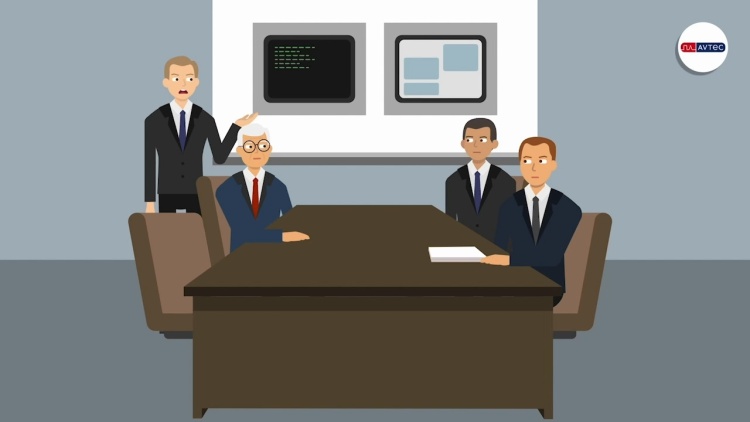Avtec Systems, Inc. v. Peiffer
United States Court of Appeals for the Fourth Circuit
67 F.3d 293 (1995)
- Written by Angela Patrick, JD
Facts
Jeffrey Peiffer (defendant) worked for Avtec Systems, Inc. (Avtec) (plaintiff). Peiffer’s job involved creating and using computer programs to produce orbital simulations for satellites. Peiffer was not a salaried employee. While Peiffer worked for Avtec, Peiffer created a computer-software program that performed orbital simulations. However, Avtec did not direct Peiffer to develop the program. Peiffer developed the program at home on his own initiative, using only his own time and his own computer. Peiffer called this original program the .309 version. Peiffer showed the program to Avtec’s president and another employee, who suggested modifications to make the program suitable for client demonstrations. Peiffer made temporary modifications and demonstrated the program to potential Avtec clients, helping Avtec win a contract. Peiffer got a bonus for helping get the contract. Later, an Avtec employee identified errors in the program, which Peiffer corrected with permanent modifications. Ultimately, Peiffer’s supervisor told Peiffer that Avtec was not interested in the program and put Peiffer in touch with Paul Kisak (defendant). Peiffer converted the program from a demonstration tool into a standalone product, known as the 2.05 version. Kisak’s company, Kisak-Kisak, Inc. (KKI) (defendant), successfully marketed the 2.05 version. Avtec then claimed copyright ownership of the .309 version, arguing that the program was a work for hire. Avtec sued Peiffer, Kisak, and KKI in federal district court. The court found that Peiffer owned the copyright but that he had violated trade-secret misappropriation and fiduciary-duty laws. On appeal, in Avtec I, the Fourth Circuit affirmed the fiduciary-duty breach but vacated the other rulings. On remand, the district court again found that Peiffer had created the original program outside the scope of his employment and, therefore, owned the program’s copyright. The district court also found that Peiffer had not misappropriated Avtec’s trade secrets and that he owed no damages for his fiduciary-duty breach. Avtec appealed to the Fourth Circuit for a second time.
Rule of Law
Issue
Holding and Reasoning (Phillips, J.)
What to do next…
Here's why 907,000 law students have relied on our case briefs:
- Written by law professors and practitioners, not other law students. 47,100 briefs, keyed to 996 casebooks. Top-notch customer support.
- The right amount of information, includes the facts, issues, rule of law, holding and reasoning, and any concurrences and dissents.
- Access in your classes, works on your mobile and tablet. Massive library of related video lessons and high quality multiple-choice questions.
- Easy to use, uniform format for every case brief. Written in plain English, not in legalese. Our briefs summarize and simplify; they don’t just repeat the court’s language.





